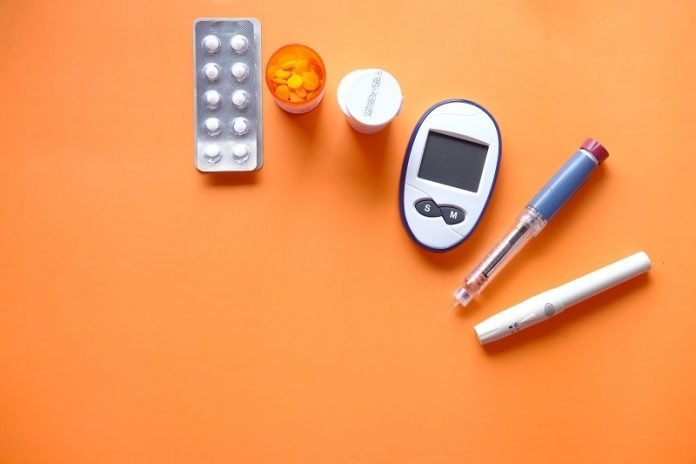
After all, the long-term effects of elevated blood sugar can harm everything from the heart and kidneys to the eyes and feet.
But what if stopping or cutting back on those drugs could help even more in some patients?
In some older patients, such “de-intensification” of diabetes treatment may be the safer route, because of the risk of falls and other problems that accompany low blood sugar.
In a new study from the University of Michigan, researchers found that more doctors and such patients should work together to dial back diabetes treatment when necessary.
Doctors often treat diabetes with an eye toward long-term effects, but the team suggests that effective treatment requires a personalized approach based on individual risk and benefit.
In the study, the team examined detailed records from 78,792 Medicare participants with diabetes who were 65 and older and lived in 10 states.
Almost 11 percent had very low ongoing blood sugar levels recorded during the study period, suggesting overtreatment.
But only 14 percent of that subgroup had a reduction in blood sugar medication refills in the six months after that reading.
The team found patients 75 and older, as well as those who qualified for both Medicare and Medicaid because of low income or serious disability, were most likely to be overtreated.
Patients over 75 were less likely than others to have their treatment dialed back, as measured by prescription doses and refills.
But patients who had more than six chronic conditions, or who lived in urban areas or had frequent outpatient visits, were more likely to have their medication dialed back.
The researchers warn against a one-size-fits-all approach to treating diabetes in older patients.
Instead, they advise greater personalized care that accounts for the risks and benefits that such treatment holds for each patient.
The team says that older patients with diabetes — and the adult children who often assist with their care —should talk to their care teams about whether de-intensification is right for them.
It can be hard for an older person to recognize the signs of too-low blood sugar, such as confusion and combativeness, or of too-low blood pressure, such as dizziness.
Elderly patients can also struggle to keep up with multiple medications and frequent blood sugar checks. De-intensifying their treatment can often provide relief.
If you care about diabetes, please read studies about statin drugs linked to greater development of diabetes, and findings of common fish that may help lower diabetes risk.
For more information about diabetes, please see recent studies about new way to find diabetes-related eye disease early, and results showing eating more whole grain food could strongly reduce type 2 diabetes risk.
The study is published in the Journal of General Internal Medicine and was conducted by Jeremy Sussman et al.
Copyright © 2022 Knowridge Science Report. All rights reserved.



